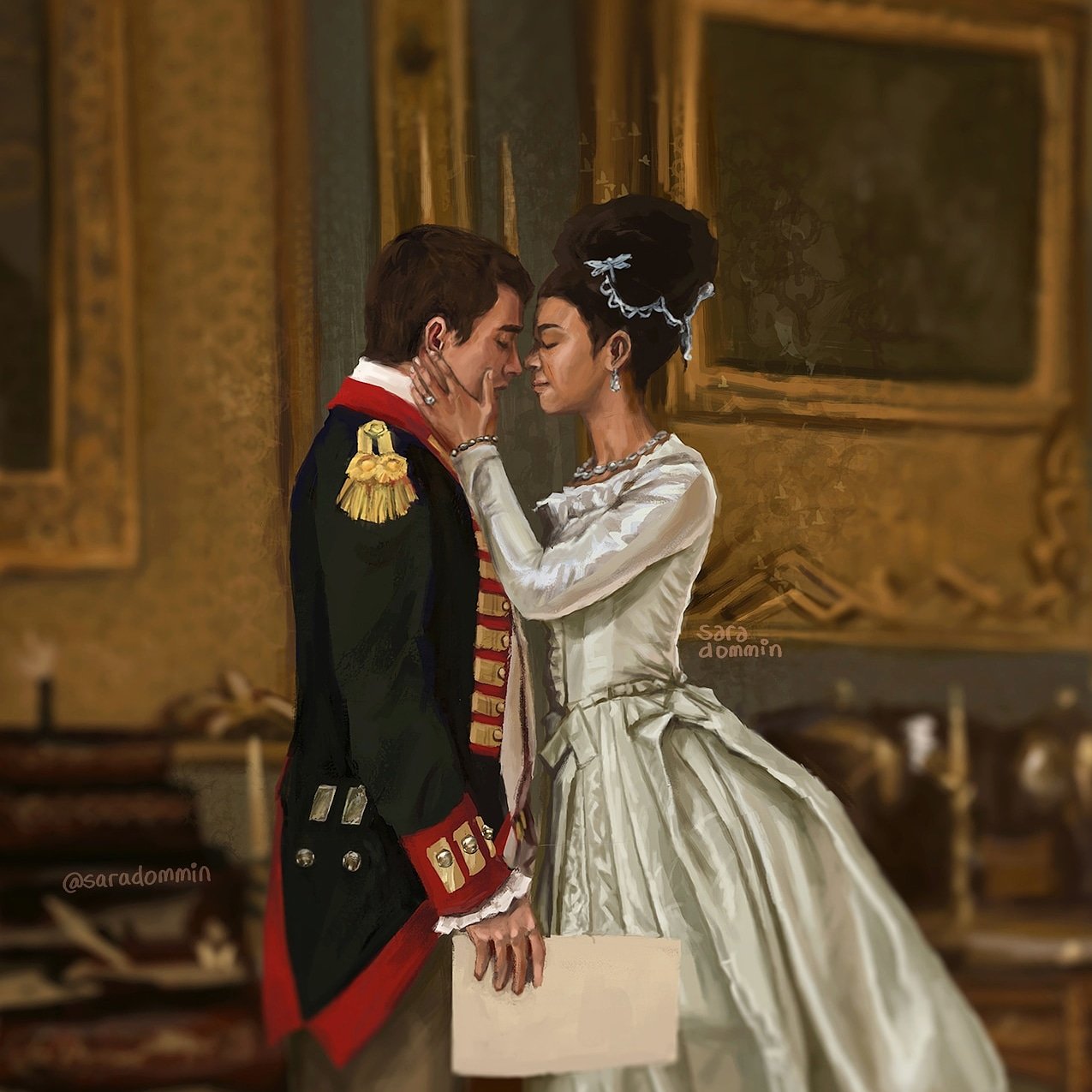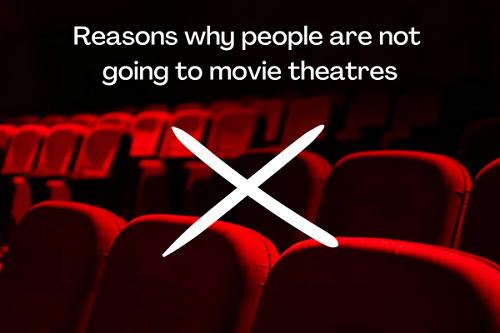
Rise in Popularity of Period Drama: Breakdown of Modern Obsession
Drum rolls, we have spotted another trend! I mean, we might also be fashionably late to the party or whatever. So, I am just gonna say it. It is PERIOD DRAMA! Period dramas is that dish that gels well with everybody’s stomachs. Big screens have to their name overwhelming success when it comes to period dramas. However, its competitor Over-the-top platforms, have found new optimism in the period dramas and have garnered increasing watch time and revenue over the same.
To help you understand better, period dramas are a television or film production that denotes a specific time in history, which is characterised by the usage of costumes, sets and props that are evocative of the said era. To a certain stretch, period dramas often stand synonymous with contemporary British culture. Bridgerton, Outlander, Pride and Prejudice, Peaky Blinders(Thomas Fookin’ Shelby, I just had to do this, I am so sorry) are some exhibits of period dramas on OTTs that have to their name, massive fan following. The reason for such a craze around them is manifold and the discussion of the same is the crux of this writeup.

For a population that loves everything at lightning speed, it strikes as often surprising the kind of appreciation they have for the slow romance that builds in the period drama over the course of dance balls and pining nights, which not only facilitates a divide between the reality and the fantasy of the individuals in the present days but also acts as a great source of escape. Period dramas have managed to encapsulate within them a microcosm of perfection and offer escapism into a different time and place which is a tight pull for the viewers. However, it showcases to us a warped and romanticised version of the past. A great attraction point is the glitz and the glamour of the period but then again, it comes with the elements that are to a great degree, unrealistic or reimagined. The main objective behind such a representation is to get the viewers to connect with the characters, their personal journey and lose themselves in a world that is familiar but it is not very different from theirs.
While on the topic of escapism, a rather interesting approach has been pointed out by Dr Kate Byrne, who happens to be a Lecturer in English at Ulster University and also holds specialisation in researching period dramas. She points out that a considerable chunk of the success especially in period dramas like Bridgerton and Downton Abbey goes to the dire global circumstances in which they were released. Bridgerton was released during the COVID times while Downton Abbey was released post the financial crisis of 2008. The psychology behind which is that during tough times, the viewers want to consume content that gives them an escape into the luxurious pasts, where they learn about history while temporarily putting the dread and darkness of the present in that backseat.
Shows like Bridgerton, set in the Regency time period of England have boiled down history to fit its narrative the best. It features actual historical figures like Queen Charlotte and King George III but whether they are historically accurate in the show is one question whose answer looks at the negative side. The show addresses the rampant slavery that existed at the time in the form of a monarch who prior to falling in love with a queen, benefited from slave trade. But, now in love, he ends racism. And as this was the last time this is mentioned in the show, the trauma of slavery finds itself reduced to a great degree as the white man’s actions washes away inequality in the giant sweep.

Another facet of period drama that contributes to the great appeal among the audience is the eye candy that is put in place to titillate the viewers, the larger-than-life scenery and obviously, the music. If you look closely, the period dramas employ a star cast that has some of the most drool worthy men and women (and no, I am not saying that they lack acting talent in any way, shape or form) to further capitalise on a more sex-positive narrative. And as a final dash of garnish, several dramas additionally explore both the homosexuality and homosociality that so existed in that historical timeframe to mark themselves as more inclusive.
Moreover, the language that the characters use is far more refined than the conversational language we use today. The settings, in respect of the grand heritage property or some countryside estate, the extravagant dressing, the food they consume, the social gatherings and the slow burn romance that unfolds as courting stands at a stark contrast from the today’s ‘you up, wanna fuck?’. This is how period dramas primarily succeed in constructing a world for us that is entirely detached from the “present” but will also leave the “past” without due commentary on it.
The modern obsession with period drama just doesn’t stop here. The implications of it are much more material. There are Instagram accounts and/or fan accounts that have dedicated their entire wardrobe and made it resemble the one of the character. Over all, a bunch of reports have pointed out the increased sales of corsets and longline bras as a result of growing fascination towards these period dramas. Additionally, the concept of historical tourism is on the rise as well and it’s all thanks to the period dramas!
Nevertheless, the rise in popularity of the period drama marks that there is great willingness among the viewers to learn about history and culture. And it doesn’t matter whether it is accurate or not, these period dramas do hold within them a narrative of the bygone era. And that is nothing but history; a narrative!
By Deepali Verma




